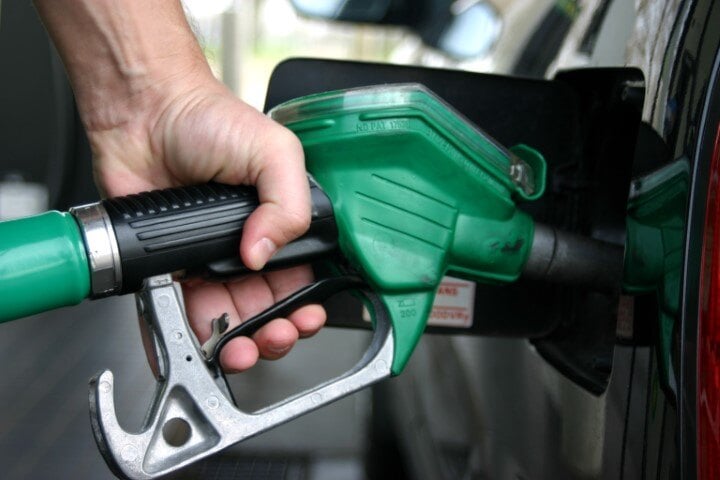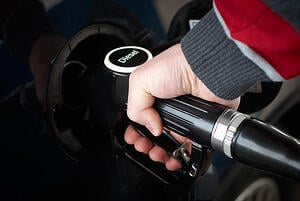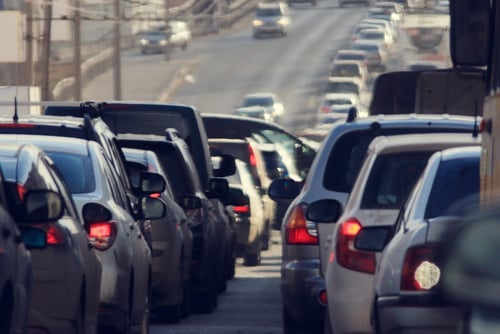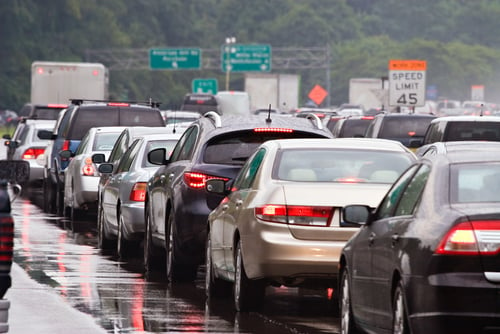Seven Reasons Why Your Next Commuter Car Should be a Diesel
Diesels are more popular in Europe than gasoline-powered cars, accounting for more than 50 percent of all cars sold. Yet, in the United States, the...
1 min read
Erik Bjornstad : Jun 27 2014

 In February of 2013, Chrysler announced it would offer a diesel engine in its standard duty Ram truck. Detroit analysts see this as another strong signal that the United States is about to embark on an explosive growth of diesel-powered cars and trucks.
In February of 2013, Chrysler announced it would offer a diesel engine in its standard duty Ram truck. Detroit analysts see this as another strong signal that the United States is about to embark on an explosive growth of diesel-powered cars and trucks.
It seems there is truth to that point of view. Consumers are demanding that cars have improved miles per gallon and carmakers are under more pressure than ever before to meet federal CAFÉ gas mileage standards that keep going up. Until now, manufacturers have attempted to improve gasoline engines and played with all-electric and electric-hybrid cars. What has been missing, until now, is more car models powered by diesel engines.
Until this year, the availability of most diesel options was on luxury European cars, such as Mercedes Benz and BMW. But for 2014 the Jeep Grand Cherokee, Chevrolet Cruze and the Mazda 6, as well as a slew of other cars, will have a diesel engine as an option.
Although diesel engine car sales are lagging behind gas powered and hybrid car sales, you should start to see an increase as consumers look for alternatives for their expensive flex-fuel and hybrid cars.

Diesels are more popular in Europe than gasoline-powered cars, accounting for more than 50 percent of all cars sold. Yet, in the United States, the...

We’ve all been subject to the whims of unstable gas prices for years. They go up, down, and back up, with no discernible reasons why. Dissatisfaction...
You are ready to buy a new car. You’d like to be more environmentally-friendly, but you have a long commute and an all-electric plug-in car will not...